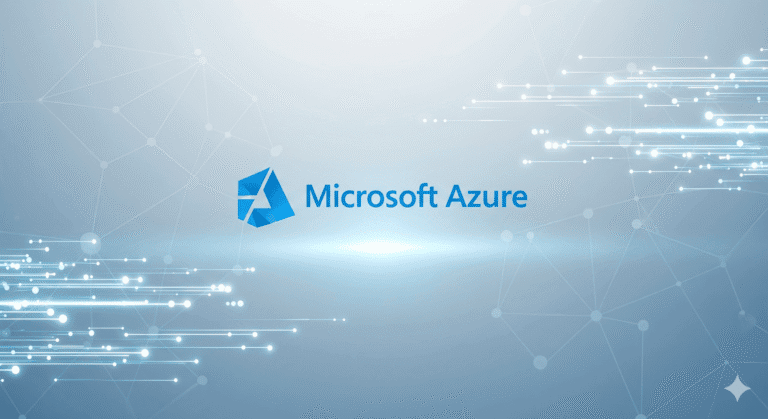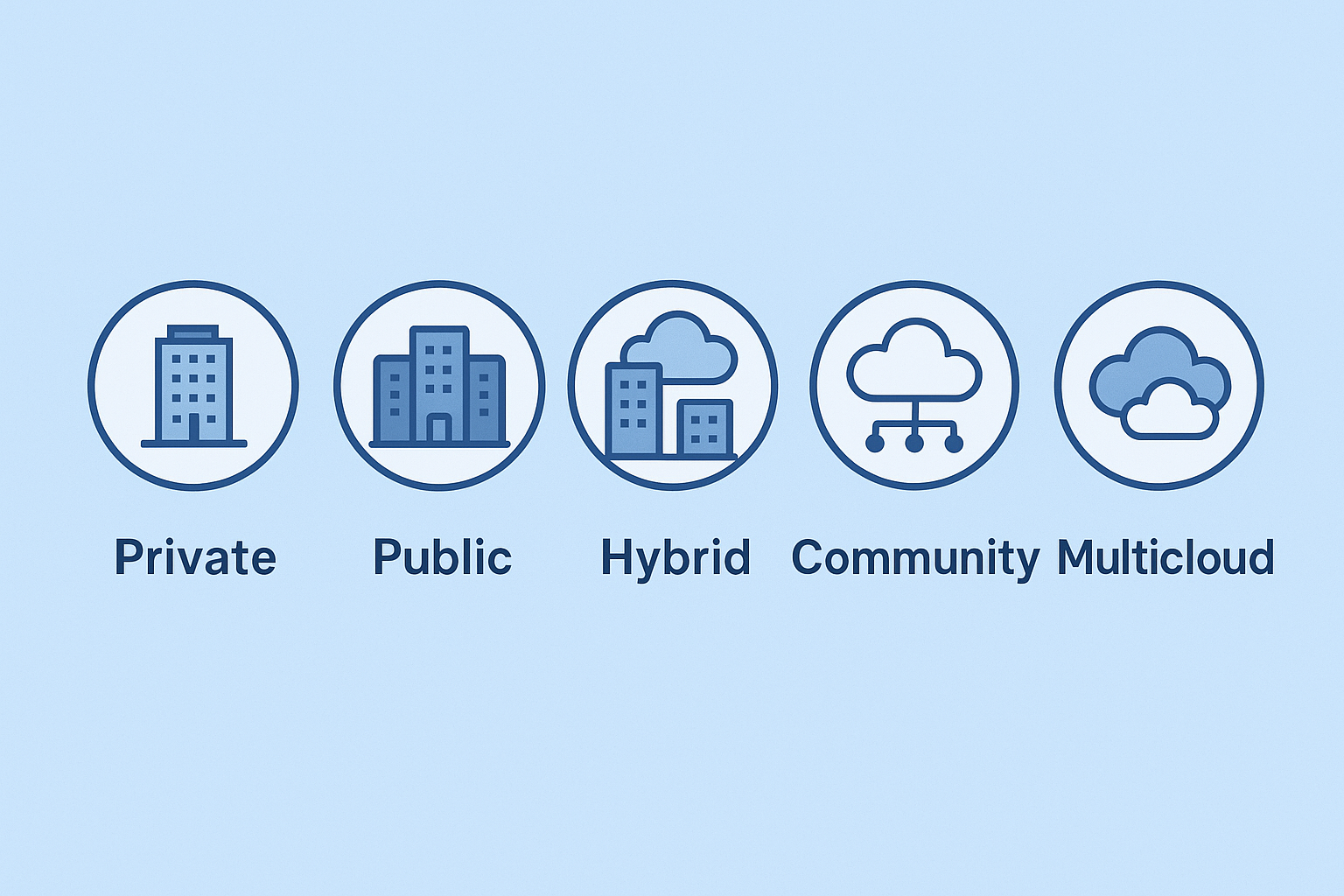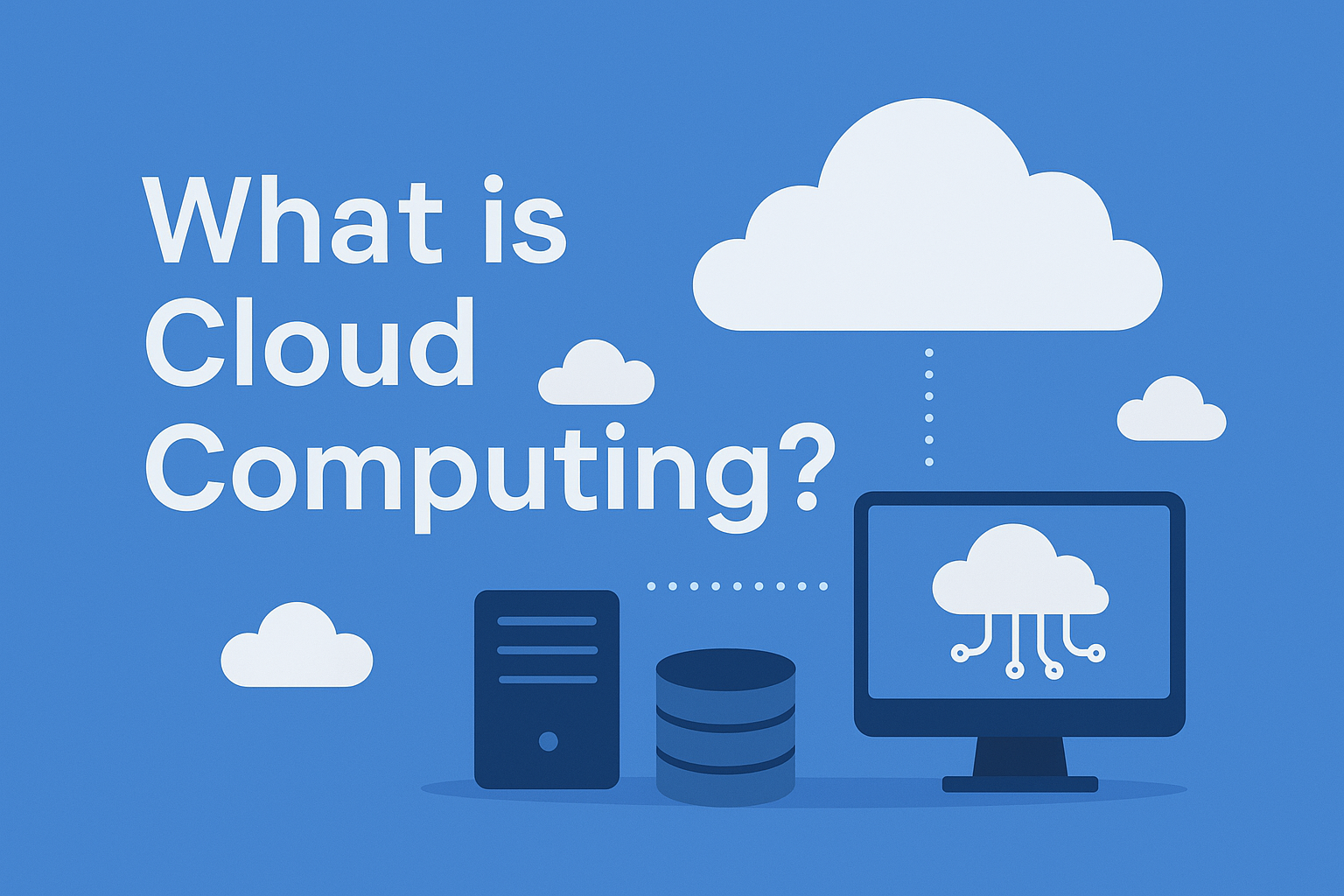Do you use Google Search, watch YouTube videos, or send emails with Gmail? If so, you’re using one of the most powerful computer networks on the planet. Google Cloud Platform (GCP) gives you the chance to use that same world-class technology for your own projects.
This guide will explain what Google Cloud is in simple terms. We’ll look at its main advantages and disadvantages. We will also cover the core services you need to know to get started.
What is Google Cloud Platform (GCP)?
Google Cloud Platform (GCP) is a collection of cloud computing services from Google. It runs on the same infrastructure that Google uses for its popular products, like YouTube and Gmail.
These services include tools for computing, data storage, and data analytics. In short, GCP allows you to build and run applications without needing your own physical servers.
A Simple Analogy: Think of GCP as a high-tech lab that’s open to the public. It provides all the basics, like server space and storage. However, it truly shines by offering advanced tools for working with data and creating innovative software.
Advantages and Disadvantages of GCP
Google Cloud is famous for its powerful technology. But like any platform, it has pros and cons.
Advantages of GCP
- Great for Data, AI & Machine Learning: Many experts consider GCP the industry leader in big data and artificial intelligence. Its tools are powerful and easy for developers to use.
- Leader in Container Technology: Google created Kubernetes, which is now the standard for managing modern applications. This gives GCP a natural advantage, making it a top choice for developers.
- High-Performance Global Network: GCP is known for its fast and private global fiber optic network. This can offer a big performance boost for apps with a worldwide audience.
- User-Friendly Pricing: Many users find GCP’s pricing to be straightforward. It often includes generous free plans and per-second billing, which can be very cost-effective.
Disadvantages of GCP
- Smaller Market Share: While it’s growing fast, GCP has a smaller overall market share. This can sometimes mean a smaller online community for support.
- Fewer Niche Services: While it excels in its main areas, its total number of specialized services is not as large as some competitors.
- Less Focus on Traditional Enterprise: Historically, GCP has been more popular with tech companies than with large, traditional corporations, but this is changing quickly.
A Quick Tour of Core GCP Services
You don’t need to learn hundreds of services to begin. Most projects use a few key “building blocks.”
- Compute Engine: This service provides virtual servers. It allows you to rent powerful virtual machines in the cloud to host your websites and applications.
- Cloud Storage: This is the main storage service. Think of it as your giant cloud hard drive. You can use it to store any amount of data, from website images to large backups.
- Cloud SQL: This is a fully managed database service. It makes it easy to run popular databases like MySQL and PostgreSQL in the cloud. Google handles all the difficult maintenance for you.
- Virtual Private Cloud (VPC): This is the networking service. A VPC is your own private, isolated network in the cloud. It provides the secure foundation to launch your other resources.
Conclusion: The Innovator’s Cloud
Google Cloud Platform is a top competitor in the tech world. It is known for its excellence in data, machine learning, and container technology. It is a fantastic platform for developers, data scientists, and any company looking to build the next generation of applications.
Ready to get your hands dirty? Subscribe to CyberTerminal to stay updated!
[INSERT_ELEMENTOR id=”1346″]




